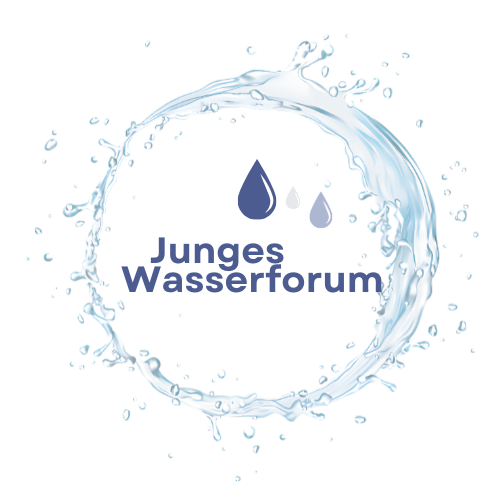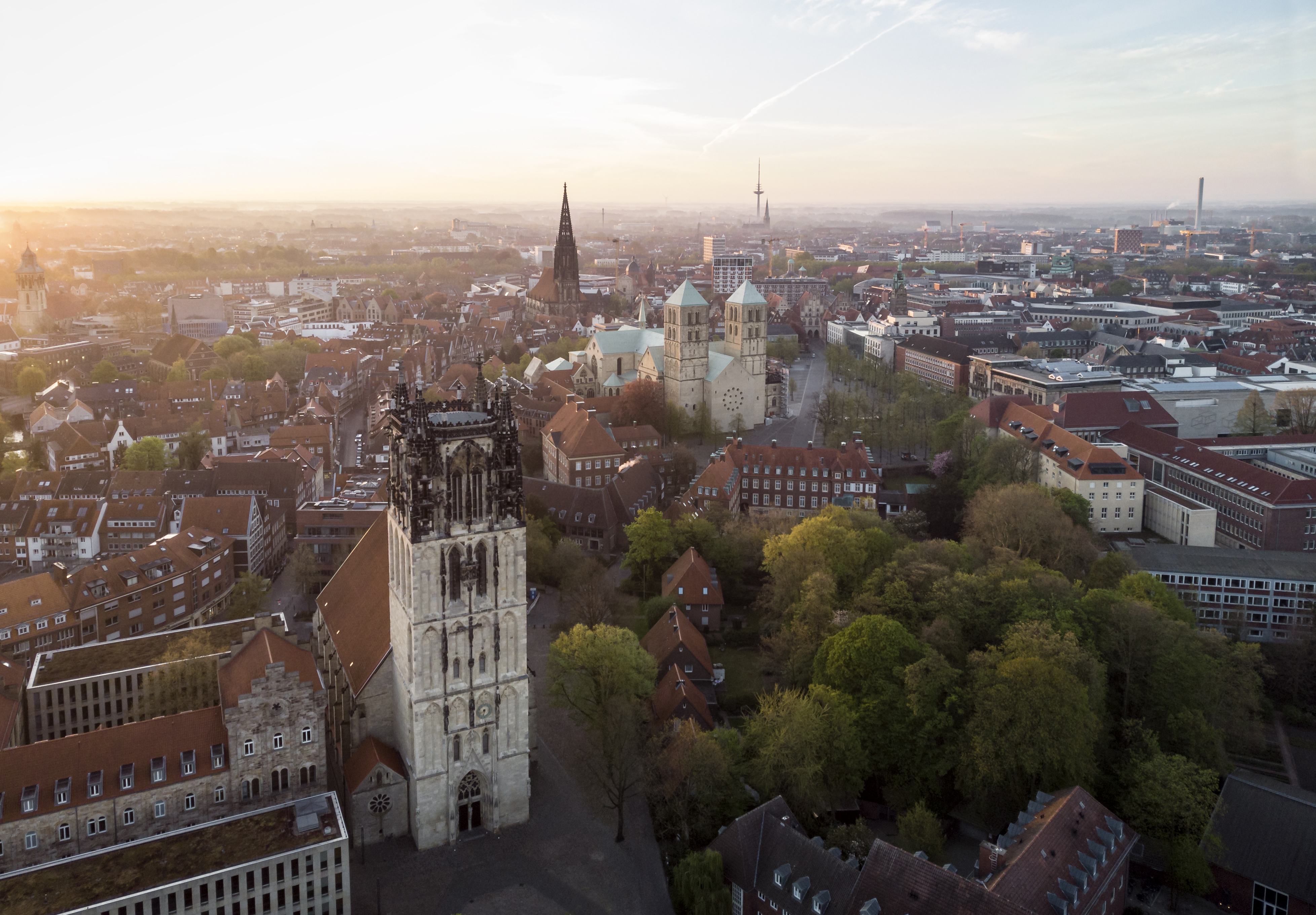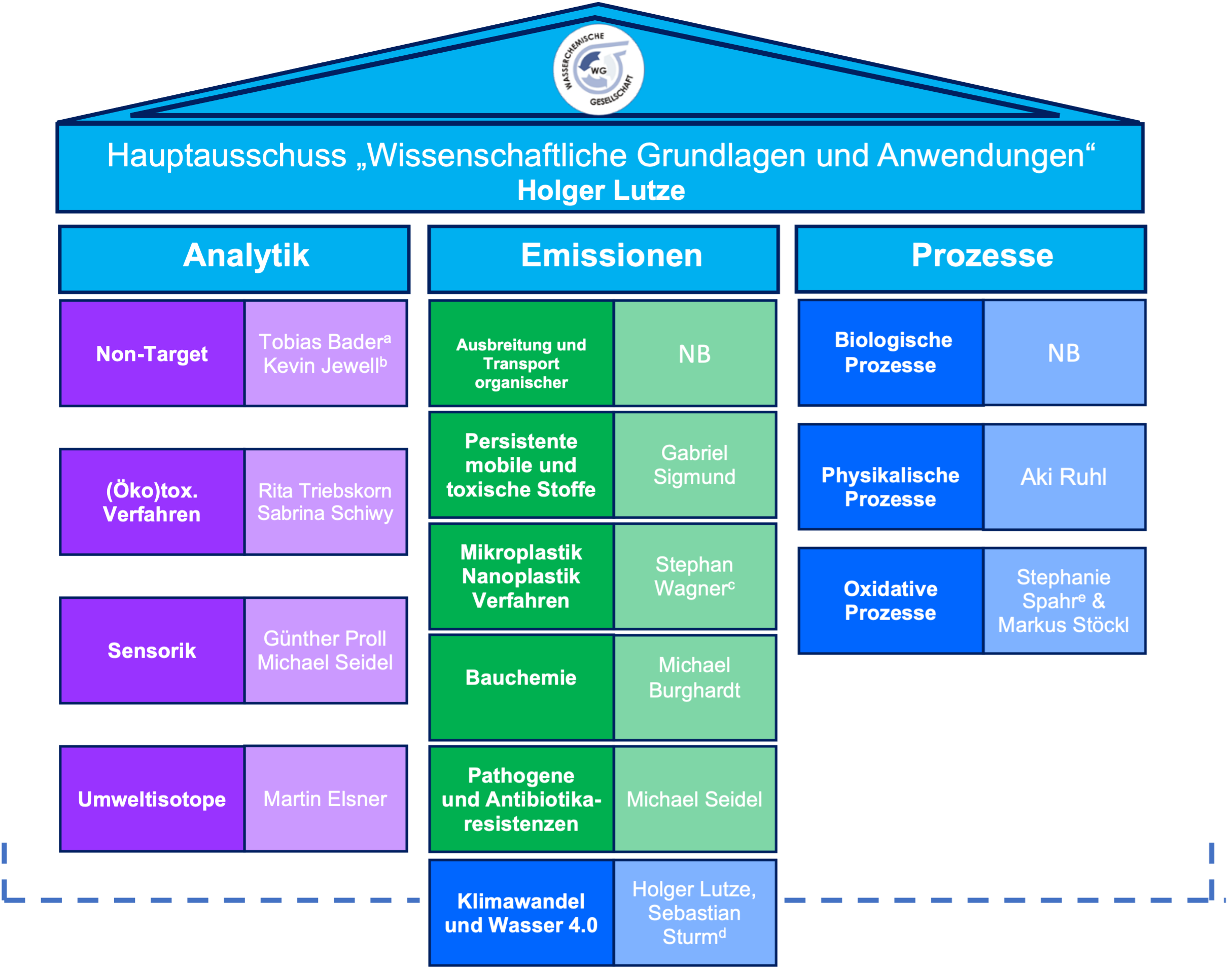Young Water Forum of the Water Chemistry Society
- Gal Link: 0
WHO WE ARE
The Young Water Forum (JWF) is the association of young researchers within the Water Chemistry Society. The idea for the initialization of this type of formation emerged during WASSER 2024 in Limburg an der Lahn. In addition to the opportunity for networking and exchange, the JWF offers the chance to contribute your own ideas and visions to the Water Chemical Society.
Would you like to become a member of the JWF or even actively participate? Then please contact us by e-mail at
There is no upper age limit. Anyone who can benefit from the activities is welcome. The activites are aimed at students, doctoral candidates, post-docs and scientists during their career planning and development. We would also like to explicitly encourage international scientists to get involved.

WHAT WE ARE PLANNING
At WASSER 2025 in Münster from May 26-28, the JWF will be represented for the first time with its own activities.
On Sunday (25.05.2025) before the start of the scientific program, we will meet in the city at 2:30 pm for a city hunt. This gives us the opportunity to get to know each other, exchange ideas and network before the event.
During the conference, there will be a career lunch on Tuesday (27.05.2025) during the lunch break. What do we mean by that specifically?
Speakers: For the career lunch we invited PD Dr. Elisabeth Janssen from EAWAG, deputy head of the department “Environmental Chemistry of Biomolecules and Macromolecular Pollutants”, and Dr. Alexander Weizel, group leader “Chemical Analytics and Research” at Rheinenergie AG. We will send you short profiles of the speakers before the conference as a basis for your questions.
Idea: During the lunch break on Tuesday, May 27, 2025, there will be the opportunity to exchange ideas with the speakers and ask questions. However, the focus should not (only) be on the respective research, but also on individual careers, experiences abroad, the concept of science, everyday work life, tips and advice and basically everything that interests the members of the JWF. Thus, the Career Lunch is intended to offer a form of exchange that is not the focus of questions after scientific presentations or classical networking activities. To do this, we will collect questions from the JWF in advance, which the speakers will answer in short keynote speeches. Afterwards, there will be time for further questions and discussion.
Who can register? In principle, anyone who thinks they would benefit from the exchange. There is no age limit. If you are unsure, just come along and give it a try. Membership of the Water Chemistry Society is a prerequisite for participation in the event. But as a little tip: this is free of charge for students and doctoral candidates.
Other: As the career lunch takes place during the lunch break, there will of course be food and drinks available.
If you would like to have your own questions represented at the career lunch, write to us at
Read more …Young Water Forum of the Water Chemistry Society
- Hits: 1246



